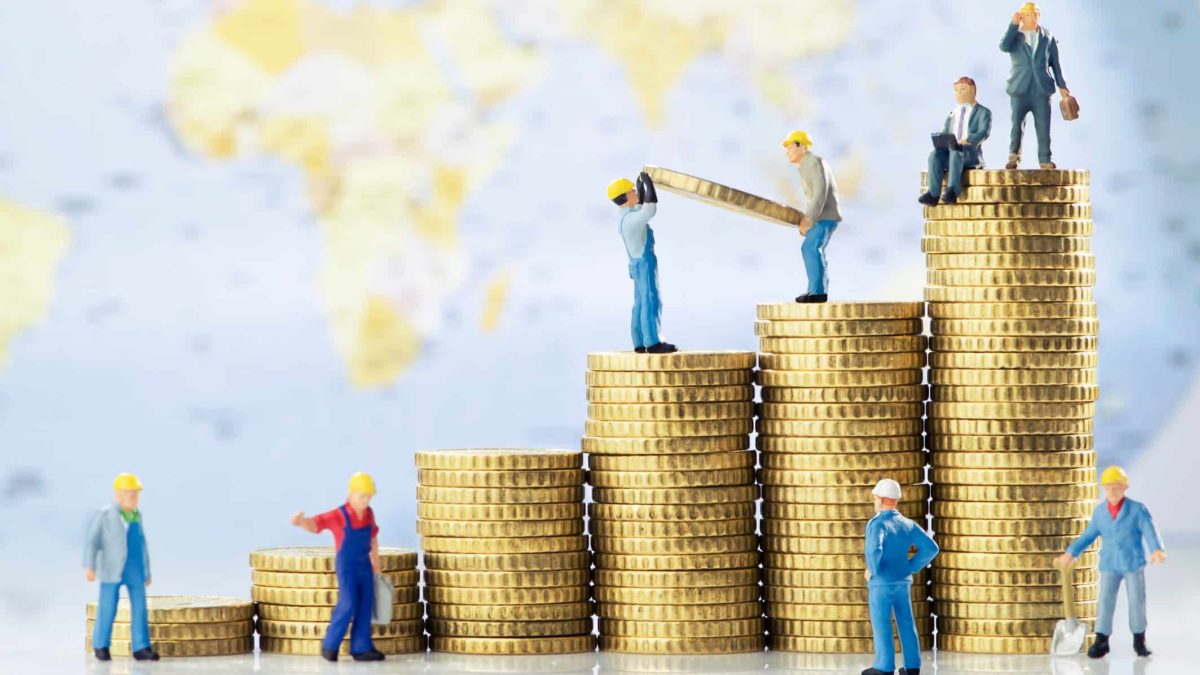The Boral Limited (ASX: BLD) share price is on the move again this week, continuing the resurgence of the blue-chip building material and construction juggernaut since it bottomed out at $1.68 in March. Despite being down 2.79% at the time of writing, Boral's current share price of $3.66 represents a 117% gain on its March low.
There's no denying the company has underperformed in recent years, exemplified through multiple earnings downgrades and the 'financial irregularities' scandal of its American windows business. Despite this, here are 3 reasons why I remain bullish that Boral will turn the corner in FY21.
Management shake-up
In my opinion, the role management plays in the overall success or failure of a business is crucial. This is strongly endorsed by Jim Collins in his renowned management book Good to Great. Collins argues that getting the right people in the right seats on the bus – and getting the wrong people off the bus – is essential for a company's broader financial success.
Boral is going through significant changes in management, as the old guard under current CEO Mike Kane departs and a new era is ushered in. Various changes to the management team of its troubled North American operations were announced last month.
This week, the highly anticipated appointment of Zlatko Todorcevski as the incoming CEO was also confirmed. In its statement to the market, the company revealed Todorcevski has 3 decades of experience in finance, business planning and strategy across several industries, and has maintained senior positions in Brambles Limited (ASX: BXB), Oil Search Limited (ASX: OSH), and BHP Group Ltd (ASX: BHP).
Furthermore, the recent 10% stake taken in the company by Seven Group Holdings Ltd (ASX: SVW) is likely to include a fresh face in Boral's boardroom. Overall, I'm optimistic these changes may provide the company with reinvigorated energy to navigate the present economic environment. To extend the Jim Collins' metaphor, Boral seems to be making the necessary management changes to get the bus back to full speed, and that will likely enhance the company's financial performance in the coming years. This period of transition may be an ideal buying opportunity for prospective investors.
Shoring up its liquidity
The COVID-19 pandemic has reiterated the importance of robust company cashflow in all industries, but the construction and materials sector has been one of the hardest hit. Consequently, Boral's liquidity has faced substantial scrutiny, leading to the company bolstering its balance sheet through various debt mechanisms.
These encompass a US private placement note issue of US$200 million, as well as various bilateral bank loan facilities including a $365 million, two-year debt obligation. These additional debts have allowed the company to bolster its balance sheet, which now holds $1.3 billion of cash and undrawn funds combined. Coupled with its expanded debt-financing campaign, Boral has been proactive in mitigating its capital expenditure by 15–20% this financial year, a strategic decision estimated to save up to $330 million.
With debt at relatively inexpensive levels due to the low interest-rate environment in Australia and globally, I like Boral's decision to increase its cash on hand and improve its liquidity on the books. And as an added bonus for shareholders, the company's decision not to utilise an equity capital raising has ensured no further dilution of its share price.
Having boosted its short-term cash flow, Boral seems well-placed to emerge from COVID-19 relatively unscathed financially. This should enable the company to maximise its profitability from new government projects heading its way.
Government-led infrastructure projects
Having recognised the lull in the construction industry, the federal government's new JobMaker economic recovery plans will arguably send the Boral share price higher yet.
Earlier this week, prime minister Scott Morrison announced 15 key infrastructure projects that are being prioritised to facilitate jobs growth and spur economic productivity. According to an ABC article, these projects include the Snowy Mountains 2.0 scheme and a $10 billion inland rail project from Melbourne to Brisbane.
The government has also provided a $25,000 incentive for people to build or renovate their homes. This will further boost a national construction sector lagging in 2020 thus far.
As the premier supplier of construction materials, I think plenty of government and household work might be heading Boral's way in FY21. At a time when large-scale projects are drying up left and right, Morrison's infrastructure plans may be the lifeline the company needs to increase its revenue and unlock further returns for shareholders in the year ahead.
Foolish takeaway
Having watched this company's share price claw back the majority of its losses in the past month or two, some prospective investors may feel they've missed the chance to get on the Boral bus.
Nonetheless, I think the shake-up in management may bring with it new ambition to take the company in a new direction, and this may favourably coincide with post-COVID government infrastructure projects being accelerated.
Overall, I think Boral has the necessary liquidity and successful track-record to deliver for shareholders in FY21 and beyond.









